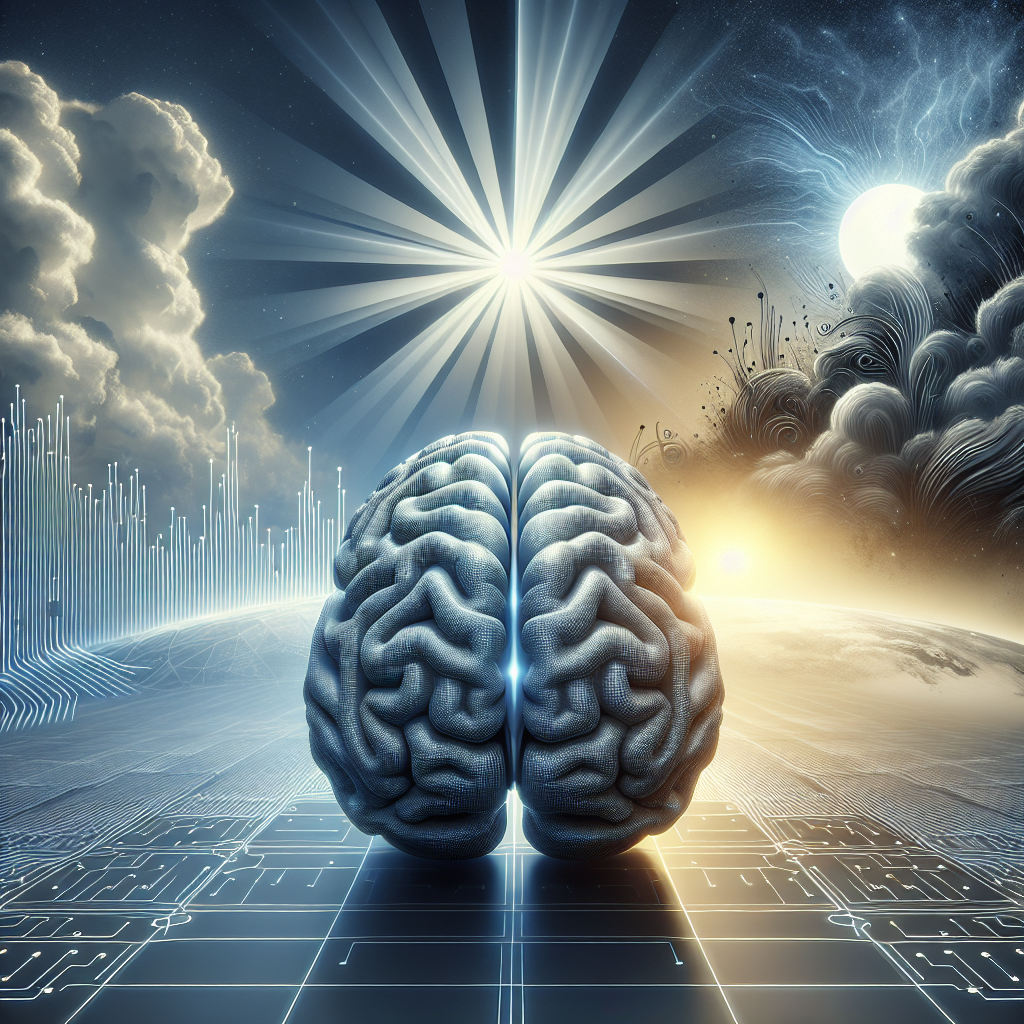Artificial General Intelligence (AGI) is a concept that has been the subject of much speculation and debate in the field of artificial intelligence (AI). AGI refers to a type of AI that possesses human-like cognitive abilities, such as reasoning, problem-solving, and learning. While current AI systems excel at specific tasks, such as playing chess or recognizing images, they lack the general cognitive abilities that humans possess. Achieving AGI has the potential to revolutionize numerous industries and improve the quality of life for people around the world. However, there are significant challenges that must be overcome in order to realize this goal.
In this article, we will explore the challenges and opportunities of achieving AGI, and discuss the implications of this technology for society. We will also address some common questions and misconceptions about AGI in a FAQs section at the end.
Challenges of Achieving AGI
One of the main challenges of achieving AGI is the complexity of the human brain. The human brain is an incredibly complex organ, with billions of neurons and trillions of connections between them. Replicating this level of complexity in an artificial system is a daunting task. Current AI systems are based on neural networks, which are simplified models of the brain, but they are still far from achieving the level of complexity and sophistication of the human brain.
Another challenge is the lack of understanding of how the brain works. While neuroscientists have made significant progress in understanding the basic principles of brain function, there is still much that is unknown about how the brain processes information, learns, and makes decisions. Without a more comprehensive understanding of the brain, it is difficult to design AI systems that can replicate its cognitive abilities.
In addition, there are ethical and societal challenges associated with AGI. For example, there are concerns about the potential impact of AGI on the job market, as it could lead to widespread automation and job displacement. There are also concerns about the misuse of AGI for malicious purposes, such as autonomous weapons or surveillance systems. Addressing these ethical and societal challenges will be crucial for the responsible development and deployment of AGI.
Opportunities of Achieving AGI
Despite the challenges, achieving AGI has the potential to bring about significant benefits for society. AGI could revolutionize numerous industries, such as healthcare, transportation, and finance. For example, AGI could help doctors diagnose and treat diseases more accurately and efficiently, or help autonomous vehicles navigate complex environments safely. AGI could also improve the quality of life for people around the world, by providing personalized recommendations and services based on individual preferences and needs.
AGI could also help address some of the most pressing challenges facing humanity, such as climate change, poverty, and disease. For example, AGI could help scientists develop new technologies to mitigate the effects of climate change, or help policymakers make more informed decisions about resource allocation and development. AGI could also help accelerate scientific discovery by analyzing large amounts of data and identifying patterns and trends that would be difficult for humans to detect.
Overall, achieving AGI has the potential to transform society in profound ways, and unlock new opportunities for innovation and progress.
FAQs about AGI
Q: What is the difference between AGI and narrow AI?
A: Narrow AI refers to AI systems that are designed to perform specific tasks, such as playing chess or recognizing images. AGI, on the other hand, refers to AI systems that possess human-like cognitive abilities and can perform a wide range of tasks.
Q: When will AGI be achieved?
A: It is difficult to predict when AGI will be achieved, as it depends on a variety of factors, such as advances in technology, neuroscience, and computational power. Some experts believe that AGI could be achieved within the next few decades, while others believe it is still far off in the future.
Q: What are the potential risks of AGI?
A: There are several potential risks associated with AGI, such as job displacement, ethical concerns, and the misuse of AI for malicious purposes. Addressing these risks will be crucial for the responsible development and deployment of AGI.
Q: How can we ensure that AGI is developed responsibly?
A: Ensuring the responsible development of AGI will require collaboration between researchers, policymakers, and industry stakeholders. This includes developing ethical guidelines for AI development, promoting transparency and accountability in AI systems, and ensuring that AI is used for the benefit of society.
In conclusion, achieving AGI presents both challenges and opportunities for society. While there are significant technical, ethical, and societal challenges that must be overcome, the potential benefits of AGI are vast and could lead to transformative changes in numerous industries. By addressing these challenges in a responsible and collaborative manner, we can harness the power of AGI to improve the quality of life for people around the world.

